Dalton Trumbo’s Papers
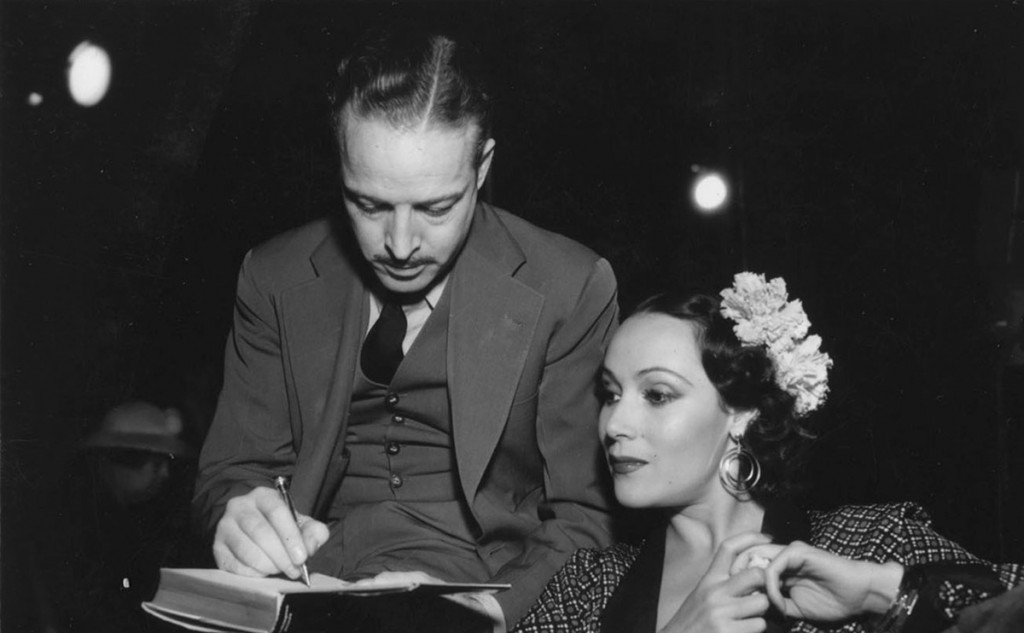
The blacklist forced Trumbo, above with actress Dolores Del Rio on the set of The Devil’s Playground, to use fake names for his work on films. Wisconsin Center for Film and Theater Research
The Hollywood blacklist blocked more than two hundred actors, directors, writers, and others from working in film and television during the late 1940s and 1950s.
Dalton Trumbo, the highest paid screenwriter in the business, made the list. Named one of the Hollywood Ten, he was cited for contempt of Congress as an unfriendly witness during its investigation aimed at rooting out communism during the McCarthy Era.
The blacklist effectively ended in 1960, when Trumbo received credit for the hit films Exodus and Spartacus. That same year, the UW’s speech and theater department formed the Wisconsin Center for Film and Theater Research, now one of the world’s major archives documenting the entertainment industry.
The center’s staff recognized the historical importance of the Hollywood Ten, and invited them to house some of their personal papers at the UW, says Mary Huelsbeck, the center’s assistant director. Trumbo was one of six who said yes.
Today, the center is home to Trumbo’s scripts, correspondence to family and friends, and more than two hundred audio recordings. The UW collection — filling forty-five boxes — received renewed interest in recent months with the release of the movie Trumbo, which garnered actor Bryan Cranston an Academy Award nomination for his portrayal of Trumbo.
Video: Preserving Trumbo’s Legacy
Trumbo’s papers reveal what it was like to try to keep working in an industry in which he could not use his name. The collection includes hate mail he received, letters to his wife and daughter during his eleven months in prison, and correspondence detailing the deals he made to keep writing scripts while still on the blacklist.
“Some of his best work during the period was actually material he wrote, but couldn’t sell under his own name,” says Jeff Smith MA’89, PhD’95, the center’s director and a professor of communication arts who has researched Trumbo’s efforts to get off the blacklist.
That work includes Roman Holiday and The Brave One, for which he won Academy Awards he could not collect. The first film was credited to another writer, and the second to one of the many pseudonyms Trumbo used on the black market. Smith says the Oscar victories aided the demise of the blacklist.
Still, Trumbo’s story is a potent reminder of how threats to free expression gain a foothold. “Every now and then,” Smith says, “we still have politicians who will float the idea that maybe we should investigate people because they’re not really quite American enough.”
Published in the Spring 2016 issue
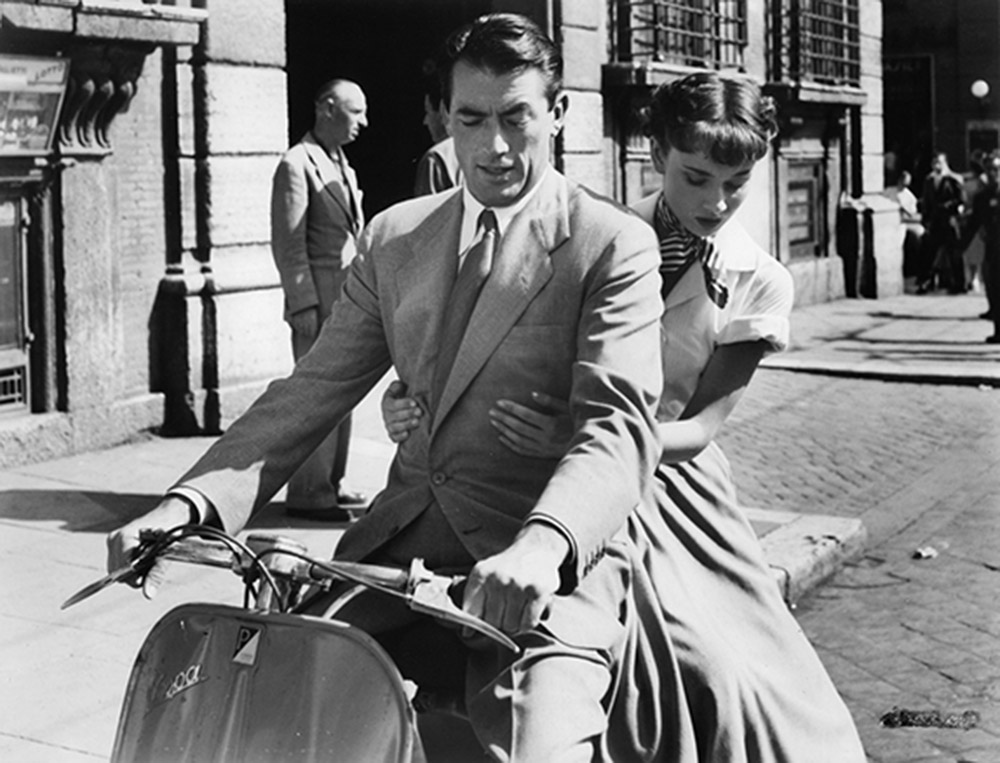
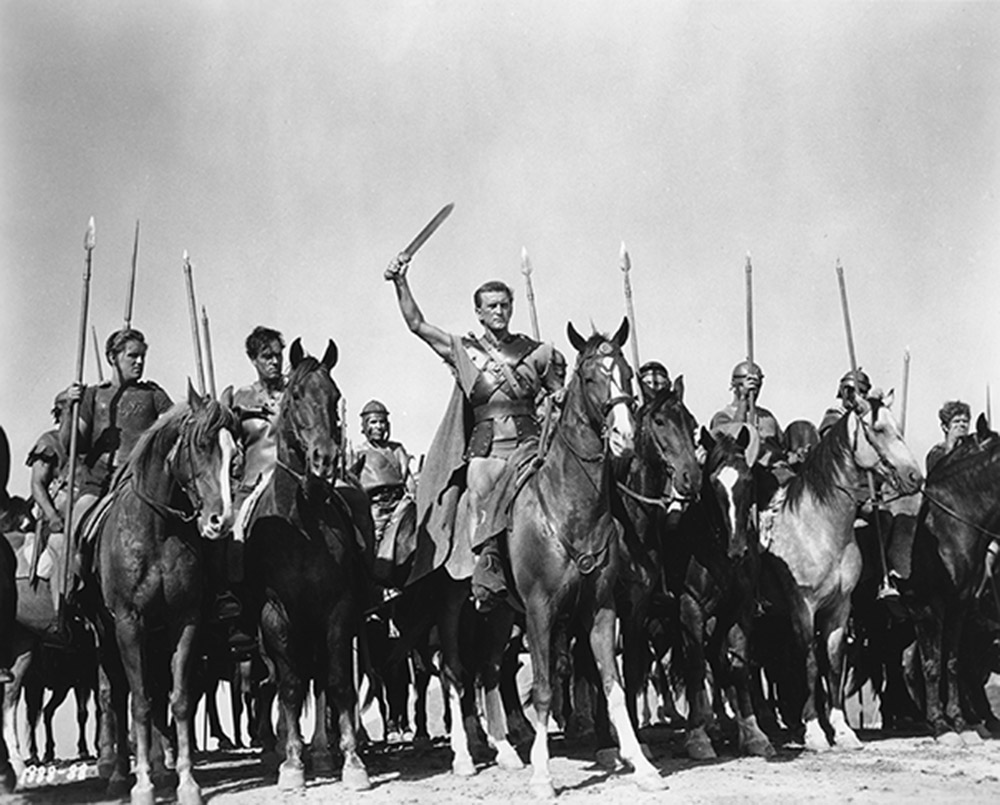

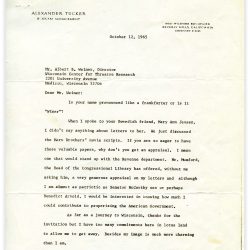

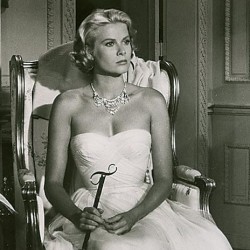
Comments
No comments posted yet.